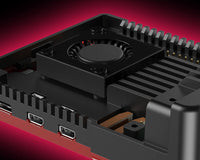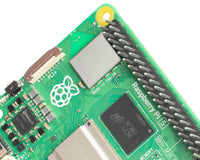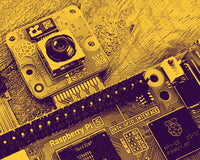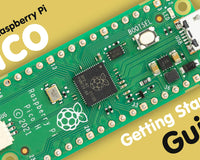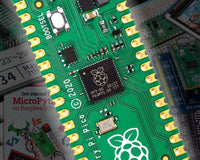
Raspberry Pi Roundup - 15th September 2016
New Podcast/Videocast launched
Just launched over at my blog, Raspberry PiPod, the PiPod Podcast covers news, products, events, crowdfunding and featured projects. Episode 1 is available now in both video and audio formats. Take a look here or watch the video below:
Crime Scene Investigation

Mehzeb Chowdhury, a PhD researcher in forensic science and criminal investigations at the UK’s Durham University has been looking into the ways juries view crime scenes. Ordinarily, they rely on a mixture of sketches and photographs. Recent ideas at making the scene ‘more real’ have included mapping the scene with 3D scanners and applying textures. This is less than ideal due to the inherent guesswork and bias from such techniques. Jury visits to crime scenes are, likewise, problematic:
“The most-problematic aspect of crime scene visits is that, with time, every characteristic of the scene changes in some way or the other. This is called scene degradation. Years could pass between a crime being committed, and a jury scene visit, with very little remaining the same. A contemporaneous snapshot of the entire crime scene would preserve the necessary details for investigation and trial.”
So, he has developed a new system with a Raspberry Pi, an Arduino and a 3D camera which will generate a 3D model of a crime scene which will then be viewable using 3D headsets or even something like Google Cardboard.
Android Nougat

Peter Yoon has ported Android 7.0 (Nougat) to the Raspberry Pi 3. Apparently, it’s not stable, it’s not official and it’s certainly not what you’d call a breakthrough in usability, but it is now available if you fancy a play. You can download it from MediaFire via geektillithertz.com and see a little demo of it in action in the video below.
Woof! Woof!

One of Mark Gibbs’ neighbours decided to make a complaint about his dog and how much it barked. Knowing that his dog didn’t bark much when he was in the house, Mark decided to count the number of barks electronically by using a Raspberry Pi, a USB sound card and a microphone. You can follow his project (part 1 of which is currently published) here.

